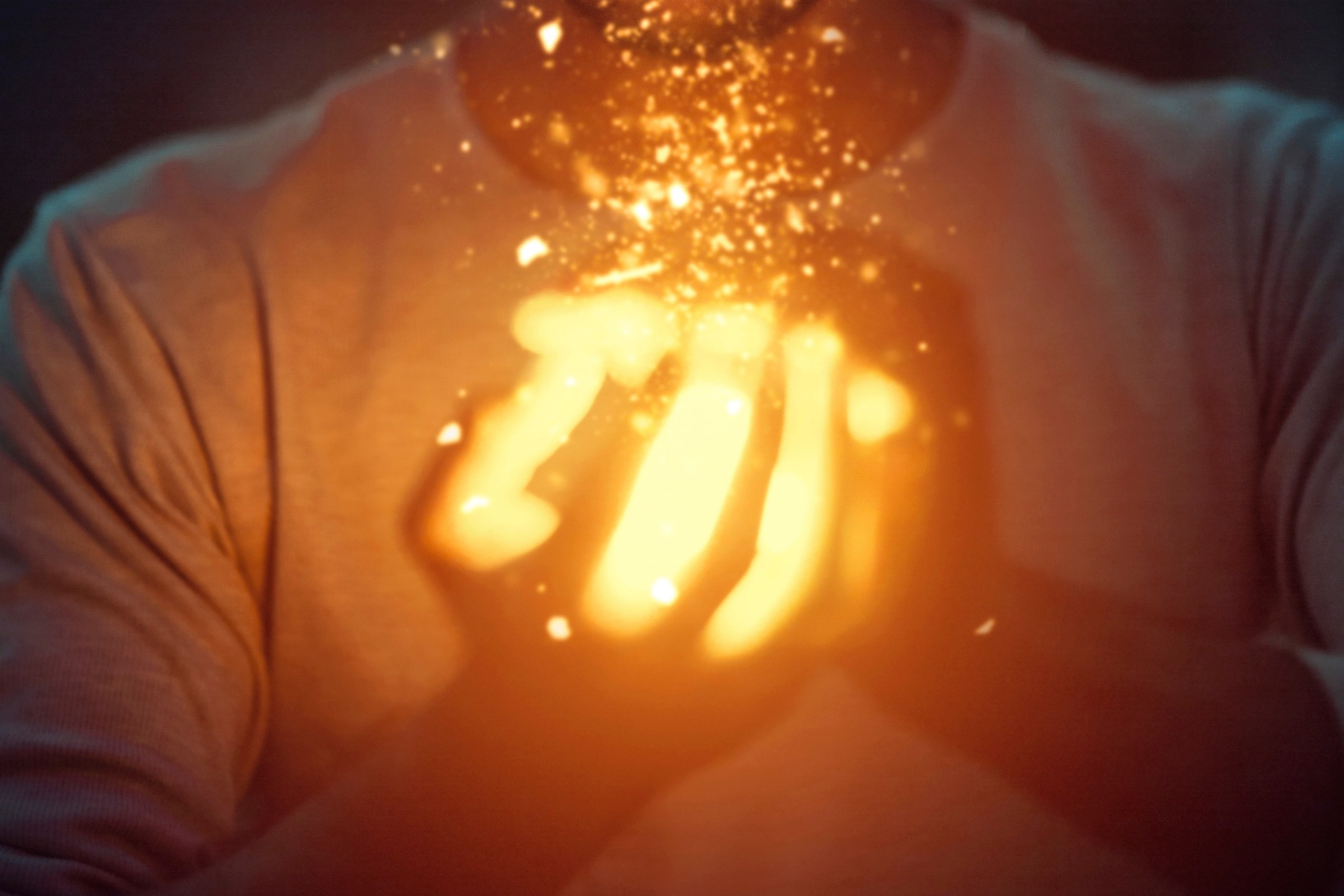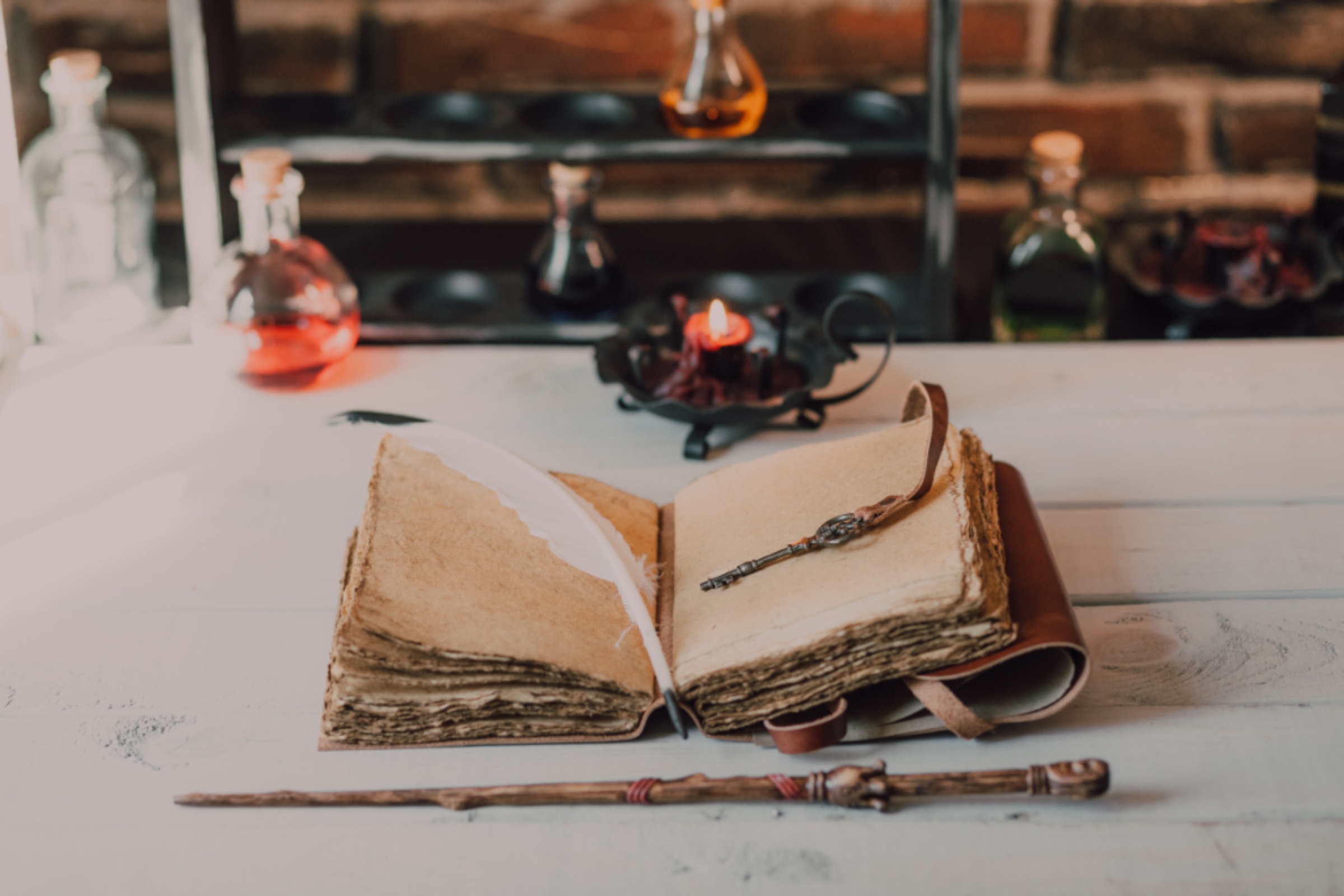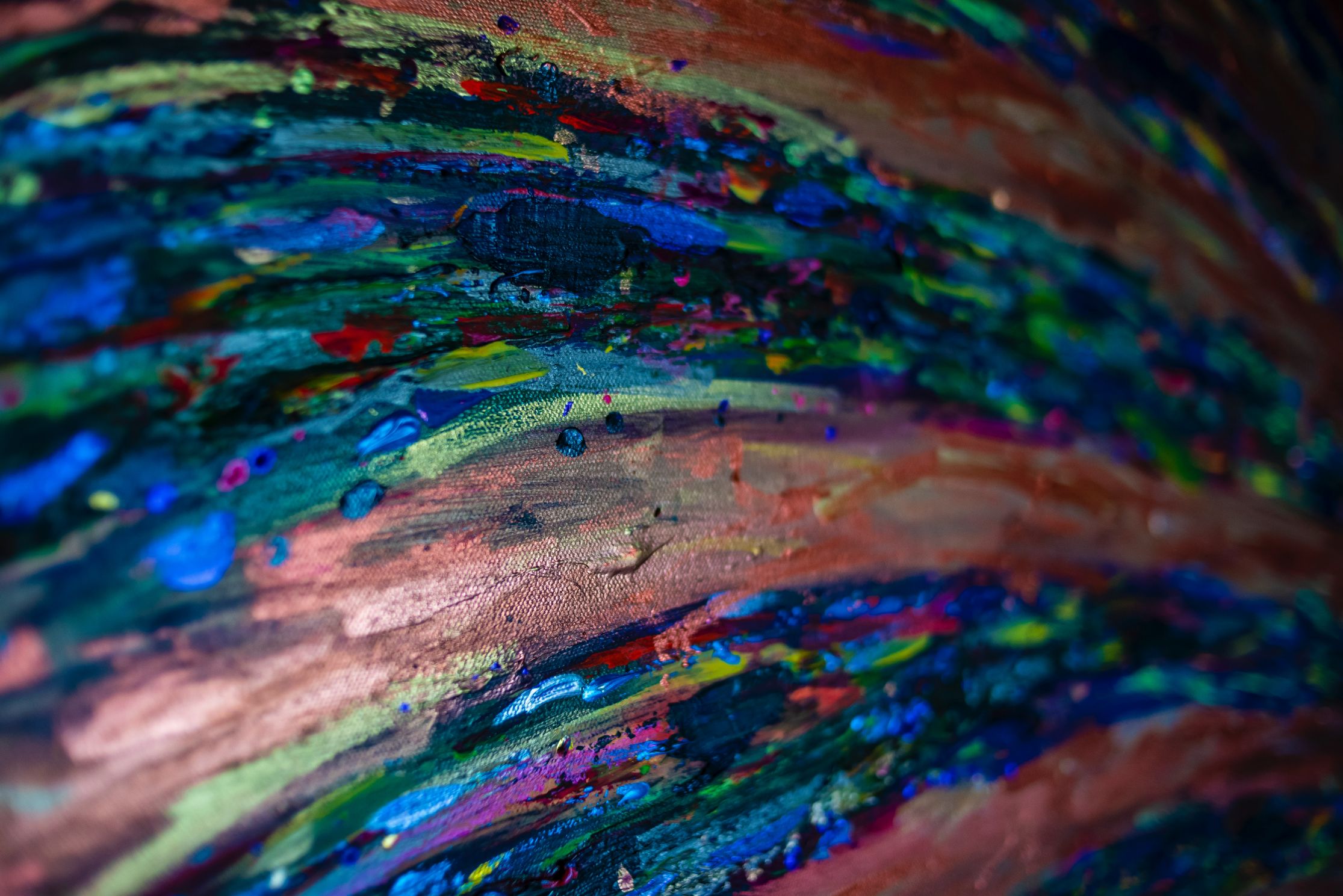So you’ve got an epic tale to tell and you’re looking for a crucial component:
Magic.
But sometimes the hardest thing about creating a magic system is deciding on what rules (or lack of rules) to apply to this fantastical land in your novel. Old books and incantations can only take us so far before they start feeling stale.
It may be useful to dig into hard magic vs. soft magic as we will be discussing those terms in this article. We also have a step-by-step guide to building magic systems if you want to review the components of a magic system.
Here we will get into seven different bases to help you create your unique magic system. We’ll also throw some brainstorming questions your way to help get those magical creative juices flowing!
So, fellow mages, restore your mana, fill up your spell slots, and level up your summoning skill! Let’s dig in!
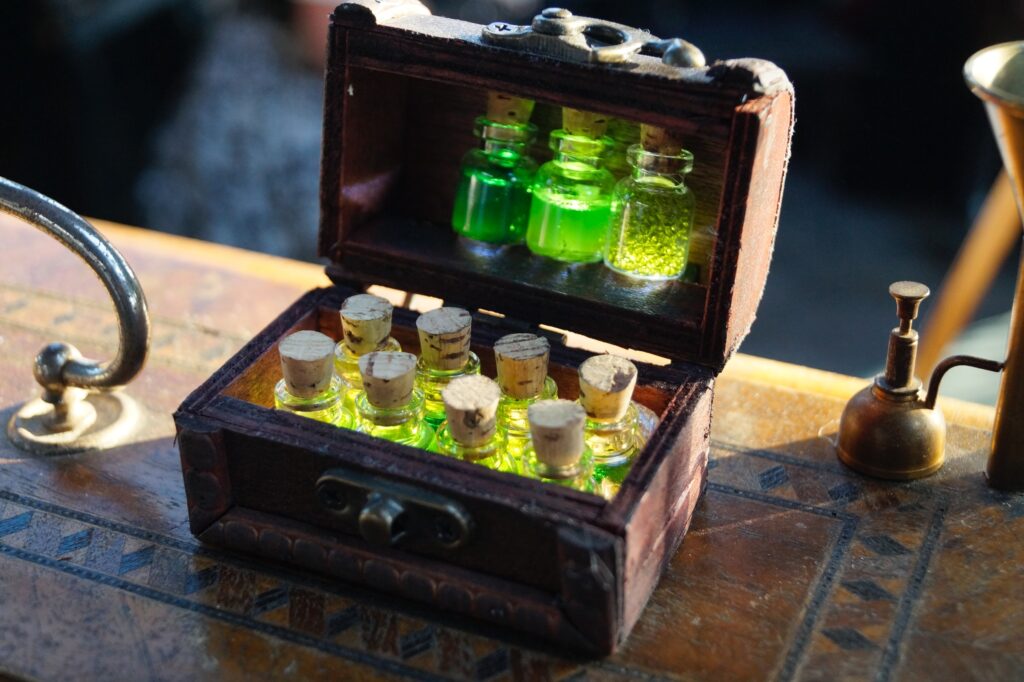
1. Substance-Based Magic Systems
This one is an old classic. You can see where this comes from with just a little bit of thought. On the daily, you and I eat food and our bodies turn it into energy. Energy which we can use to finally get off the couch and write a novel. That’s pretty magical! The idea of taking in a substance and using it magically is often used in many stories today. Brandon Sanderson’s Mistborn is completely focused on ingesting metals, which certain people can use for magical purposes.
Since substance-based magic is typically portrayed with the intake of a substance, food, or plasma, it usually works well with a hard magic system. These systems have specific rules about what happens when the substance runs out or what must be sacrificed to use the magic. But how to be unique about it? If you think the substance-based system is the way for you, here are some questions to get your ideas flowing.
Substance-Based Brainstorm
Instead of a cost for using too much of a substance, could there be a cost about using too little? Or taking in too much?
Instead of eating or drinking a potion, what if the potion had to be spread on one’s hand, or injected? What if the substance needs to be somewhere completely different than the user? How would that affect your system?
What substance seems completely mundane to you? If that was the substance you used to fly, how would that change what the substance meant?
Is it a rare resource that powers your magic? Would it become rarer because of the magic that requires it?
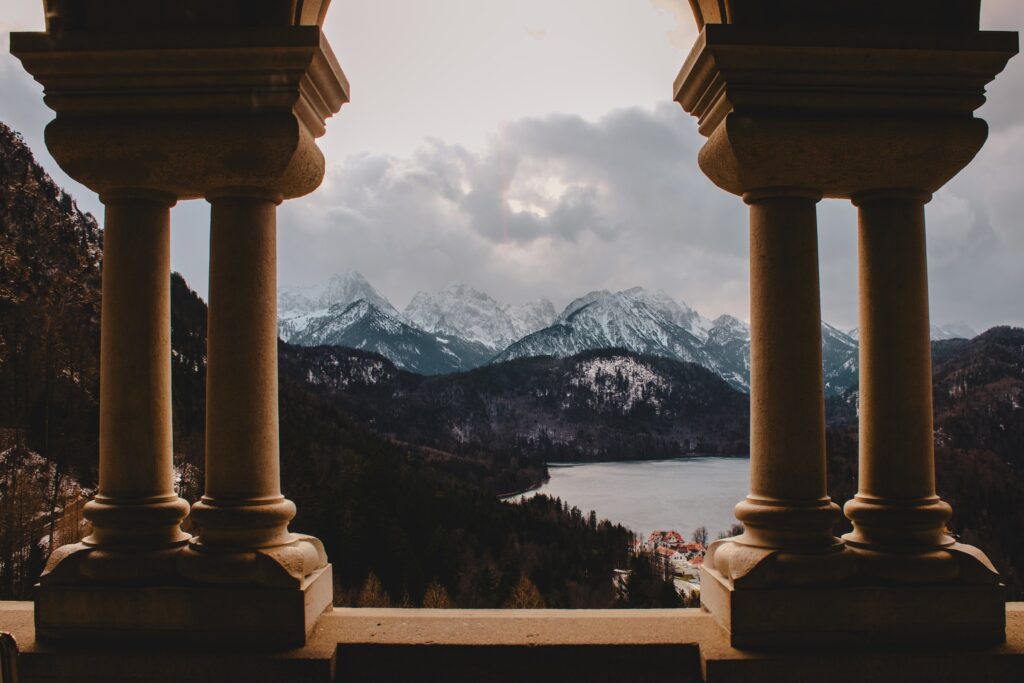
2. Culture-Based Magic Systems
The elusive term of culture can mean many things, but what if your magic is derived from culture? How would the history of a people affect a magic user in your world? These kinds of magic systems are often intertwined. Sometimes the magic comes from cultural knowledge, passed down from generation to generation. Sometimes the magic might simply create different cultural and social dynamics.
The best example of this is Avatar the Last Airbender, easily one of the top-tier magic systems. (And yes, Katara, I know that it’s not magic. But for the sake of this article and my fantasy writer friends who are here, I’m gonna call it magic). In ATLA, the elemental magic system, known as bending, affects the world and its people and vice versa.
The Fire Nation was clearly at an advantage when it came to industrialization because they could conjure flame from their freaking fists! Each nation developed martial arts that can make the best use of their specific element. It’s a beautiful example where culture and magic interact in unique ways.
These systems work well with both hard and soft magic systems. Here are some questions to help you integrate your magic system with your fantasy world culture:
Culture-Based Brainstorm
In what ways does culture affect your behavior? How could that affect your magic system?
Can your magic system run on cultural knowledge? Could it require cultural experiences, such as a pilgrimage?
What if your magic required social activity, such as the general populace sacrificing something they love? Or what if a community of people is needed in order for your magic user to be effective?
If cultural norms are broken, how does that affect your magic? Are the constraints on your magic physical or cultural?
How does your magic system interact with the other cultural systems at work, such as government, education, industrialization, etc?
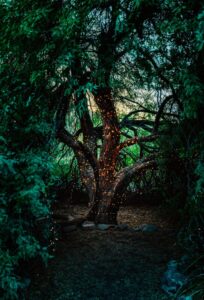
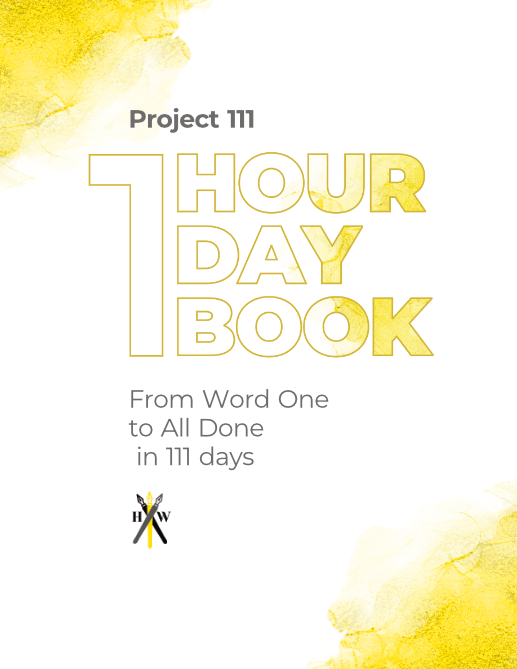
Our 84-page book planner and 111 day writing course.
3. Religion-Based Magic Systems
This one goes hand in hand with the culture-based magic system. You’re likely thinking of Dungeons & Dragons, which is full of gods and demons imbuing power to adventurers who garner their favor. But the ways in which magic can interact with theism are as varied as the religions you can create for your fantasy world.
There is much to explore when a character’s faith, or lack thereof, can interact with your magic. This type of magic lends itself to a soft magic system or a hard magic system. One important note: be careful that whatever religious applications you come up with aren’t a caricature of real-world religions.
Religion-Based Brainstorm
If gods grant powers, but they have been forgotten, what happens? What do the gods do?
How can multiple religions interact with the same magic system? How does this affect the ways your people use the magic and what conflicts can arise from these differences?
Instead of the typical “forces of evil versus forces of light” trope, how could your religious magic system have contrast? What other forces and conflicts could be built around the religious system?
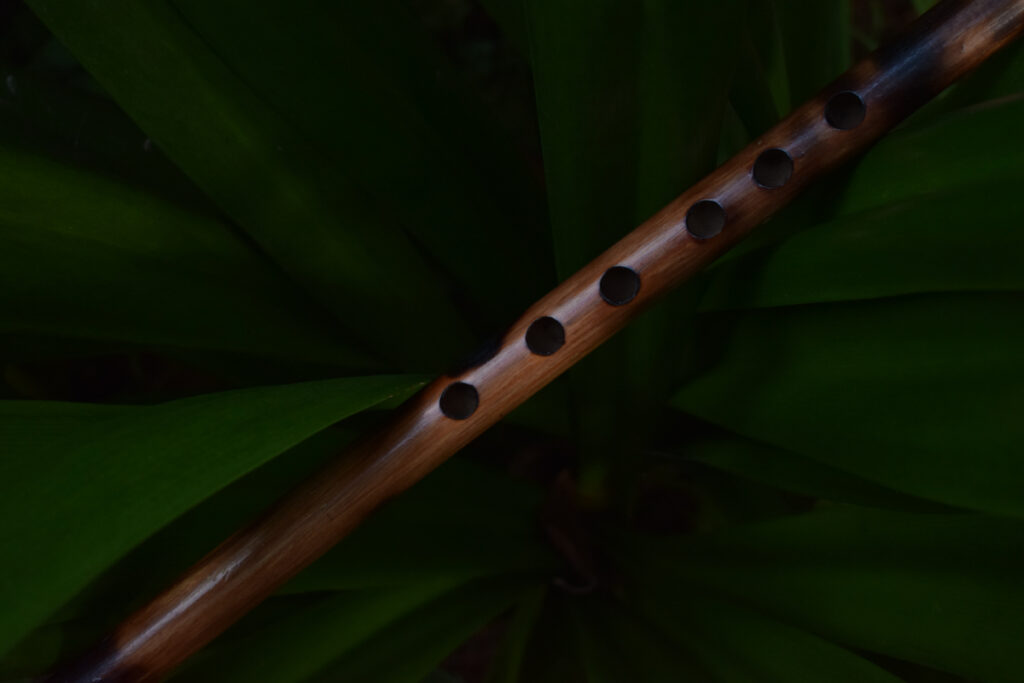
4. Music-Based Magic Systems
Music is one of those things that can really enrich a story. Patrick Rothfuss’ The Name of the Wind has me convinced that the music in the story is its own magic system. If music is something you want to include in your story, then consider binding your magic to the music in your world.
Consider an ancient song of summoning or a pied-piper type of hypnosis. This can go hand in hand with other magic systems too. If you’ve got music, you’ve got culture. How do music and magic interact with the various cultures of your world? This is great for a soft magic system. Or, if your music is codified or memorized, then that lends itself to a hard magic system.
Music-Based Brainstorm
What if inanimate objects were a part of the musical process? Beyond just magical instruments, how do the surroundings, the acoustics, and the environment react to the music and the magic?
Does musical magic require years of study and practice? Or does it require natural talent? If only some songs are magical, how does that affect the world’s perception of musicians?
Just like music is often played with multiple instruments, in what ways could your magic be enhanced by a larger group or a specific number of musicians, such as a quartet? What if magical beings were needed to join in before the magic worked?
If a magical creature reacts aggressively to magical music when it hears it, how does that change your system?
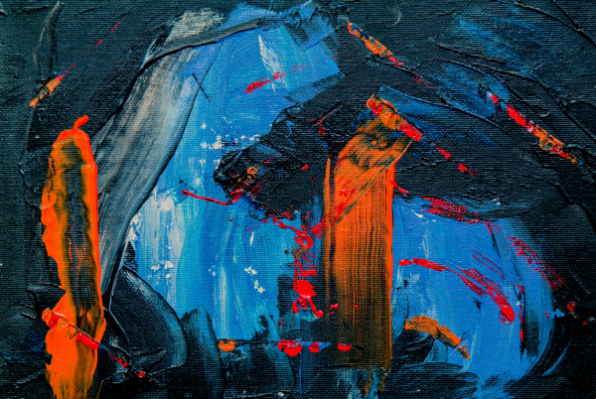
5. Art-Based Magic Systems
If you’ve seen Blues Clues, then you know how cool art-based magic can be. (Blue-Skidoo, we can too!) But in all seriousness, art is a powerful form of human expression and can take many forms. Sounds like the perfect breeding ground for some awesome magic systems.
I’d love to read an urban fantasy story about magic tied to graphic design or animation! (If you write this story, please let me know. All I ask for is a copy because I want to read it!) In our world, artists are sometimes portrayed as starving and poor. If art was magical, how would your artists be treated? Far be it from me to engage in the “art should not have a purpose” argument, but again, explore the ways in which you engage with art and apply some magic to that.
Art-Based Brainstorm
If only some art is magical, what makes it magical? What happens to non-magical art and non-magical artists?
Does your magic require extremely specific forms of art or a specific medium?
If your magic requires a work of art, how does that art come to be? Who has access to it?
What if your hero is a starving artist?
What would a magical art museum be like? What would people be experiencing in such a place?
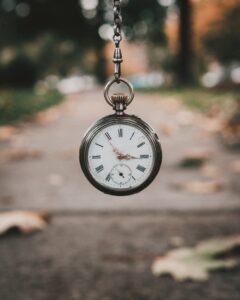
6. Time-Based Magic Systems
Time gets away from us (especially when we writer types have a deadline). If you have ever planned anything, you know that people typically aren’t good with time (myself included). And not only does that create a ton of conflict in real life, but it has the potential to create really interesting stories.
A clear example of this is the classic mission impossible bomb timer. Deadlines can cause all kinds of drama and conflict; why not tie in magic to all that story-building goodness? Beyond the daytime/nighttime issues, (think creatures melting in sunlight or young woman turning into swans at dawn) what other dimensions of time can change your character’s behavior? If your magic is tied to a time, how could that interact with your character’s abilities? This lends itself well to hard magic systems.
Time-Based Brainstorm
If you could create fire, but for only one minute a day and only at the same time every day, how would you use that ability? Now apply that to your magic system.
If a magical ability or magical energy is strongest at a specific time, what happens to the use of that ability?
If you cast a spell that only takes effect in 24 hours, how much planning would your character have to do to make sure that the spell was successful?
What if your magic system changed with age or changed over time?
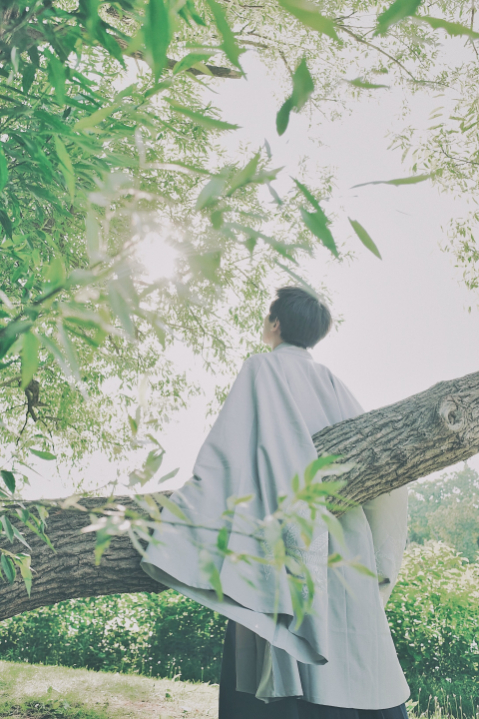
7. Fashion-Based Magic Systems
Fashion, as with many things on this list, is a form of expression. According to many psychological studies, when you dress for success you really are more successful. What you wear can help you feel more comfortable, more attractive, more confident, or all three!
Fashion is also very culturally influenced. People spend their lives fabricating clothing in unique and complex ways. These things can easily be applied to a magic system. Just as different outfits affect us in our day to day activities, they could affect how your characters interact with your magic system.
Fashion-Based Brainstorm
If your mage has to be well dressed for their magic to work, what happens if they have to use a spell inconspicuously?
If access to fashion is restricted, how does that affect your world and your magic?
If your main character has no sense of fashion, how does that change the way they interact with a fashion-obsessed world?
What spell effect would cause someone to change the way they are dressed?
If it is always visually obvious who is capable of which spells, how does that change magical conflicts?
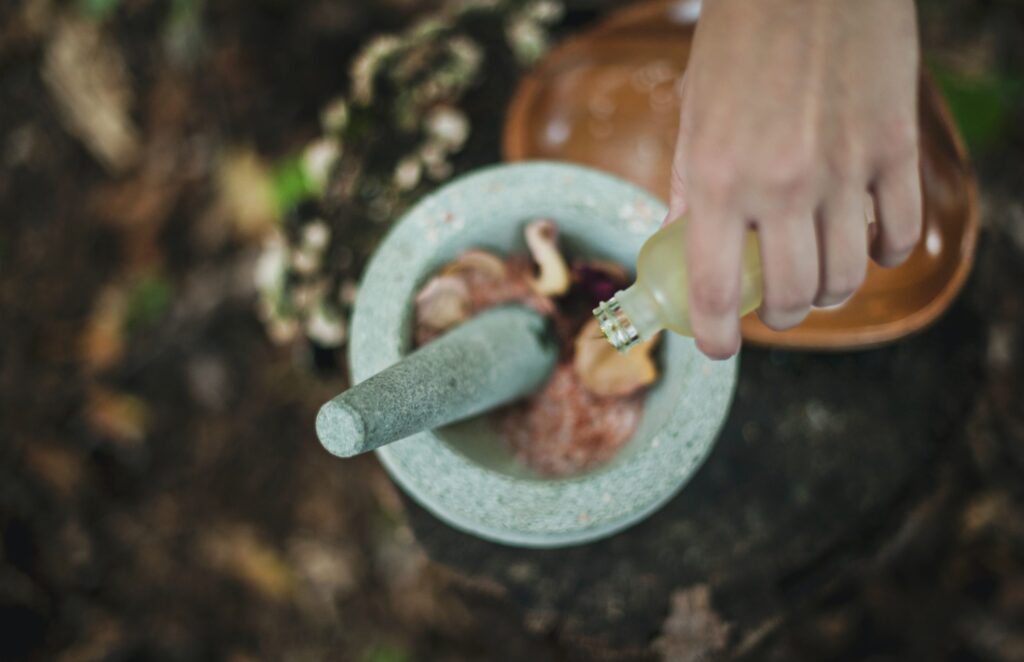
Combining Magic System Ideas
The best magic systems usually combine multiple concepts from the ones we have discussed today. But remember this key rule:
Simple is better.
If you want to dive deeper into this concept and learn how to find the balance between understandability and complexity, feel free to dig into the very useful Sanderson’s Laws of Magic.
I hope this list has helped you generate some fresh and interesting magic system ideas for your story – whether that be fantasy, science fiction, or your favorite brand of speculative fiction. With those newly generated ideas, make sure to write them down! In fact, we here at Habit Writing suggest you make a habit of it.
If you have another suggestion, we’d love to see them down in the comments, where we can continue to discuss the wonders of creating magic that really stands out.
Reed Smith
Reed is the founder and builder of Habit Writing and enjoys all things writing. He loves learning about the craft of storytelling, writing messy drafts, and playing board games with his wife, friends, and family.
Our 84-page book planner and 111 day writing course.

